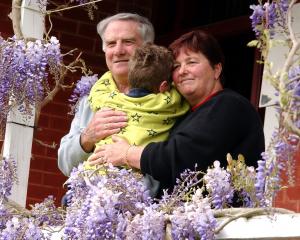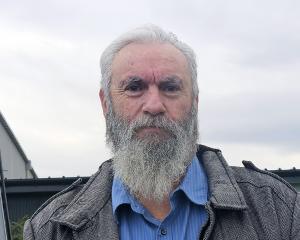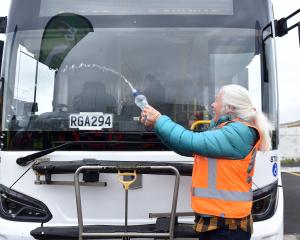
Dr Clark said it was the result of the Government's increased funding and new initiatives rebuild of key workforces.
"Nurses are at the heart of our health services. They are often the first point of contact for people seeking healthcare.
"Unfortunately, nursing was among a number of key health workforces which the previous Government did not support enough to keep pace with increasing population and demand for services.
"As a result, our nurses came under increasing pressure, including limited pay and unsafe conditions."
He said funding DHBs to pay more nurses more money and investing in better training was the key to growing the capacity and capability of the workforce.
"There are more nurses than ever across New Zealand's DHBs, almost 1500 more since this Government took office.
"While there is always more to be done to strengthen our workforce, we are starting to see some positive changes, and there are more opportunities for new nurses."
One of the opportunities included a new enhanced training programme for theatre nurses at the Southern DHB.
Dr Clark said changes in health funding had also reversed the decline in DHB-employed midwives, doctors and health workers.
There are now 106 more midwives, 582 more doctors, and 531 more allied health professionals.
"Along with transforming our mental health services and our unprecedented investment in hospital buildings, our workforce development programme is a key part of our plan to ensure our health services can deliver the high quality care all New Zealanders deserve, now and into the future."












